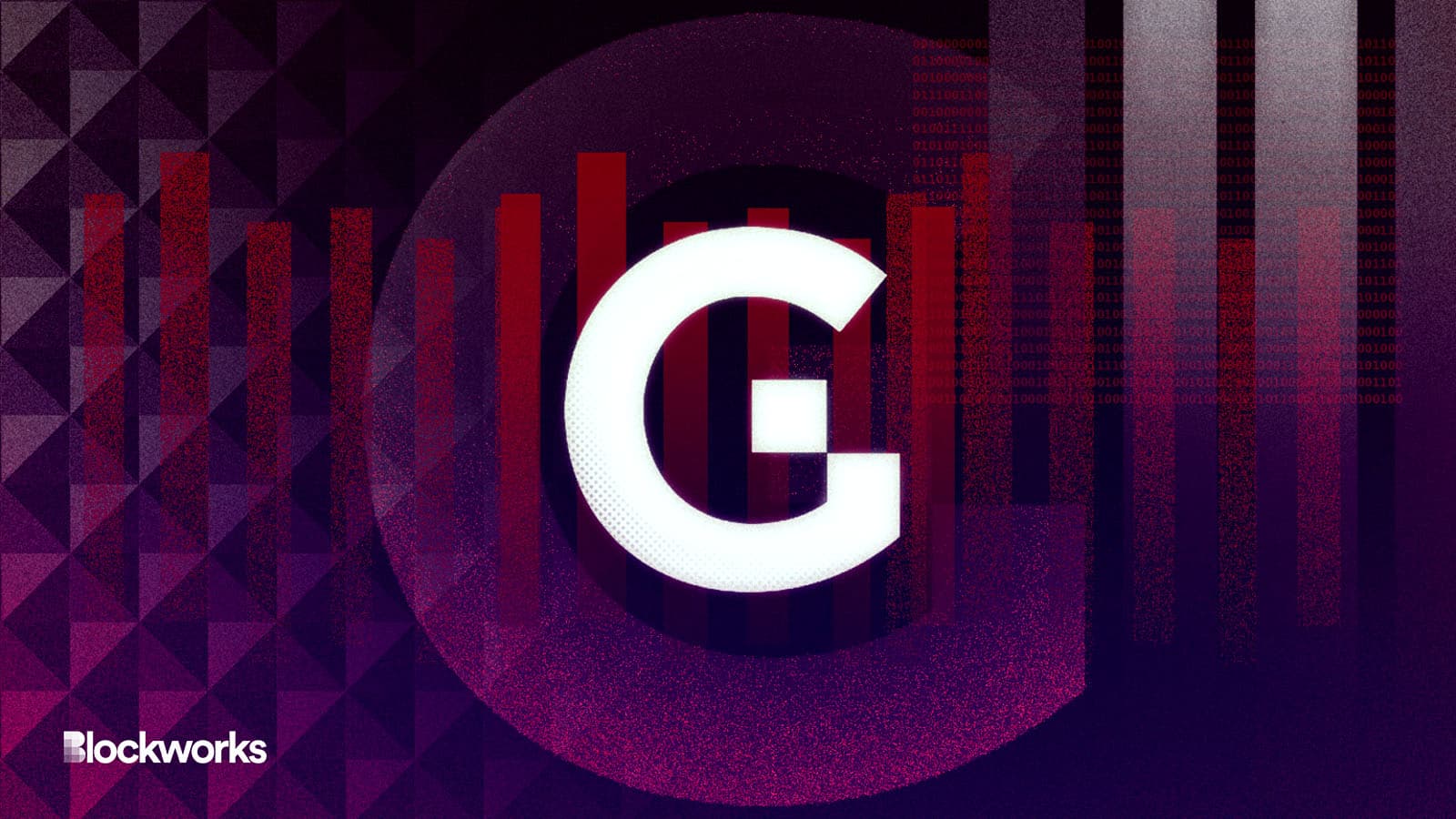Genesis, BitGo Trust Collaborate on Custody Product for Institutions
Under the agreement, BitGo Trust will provide qualified custody services and cold storage for assets held on behalf of Genesis’ institutional clients

Artwork by Axel Rangel modified by Blockworks
As regulation continues to heat up in the US, Genesis has teamed up with qualified custodian BitGo Trust on a tri-party solution for institutional clients, the companies announced Wednesday.
Under the agreement, BitGo Trust will provide qualified custody services and cold storage for assets held on behalf of Genesis’ institutional clients, the companies said.
The teams are hoping to bring tried and true methods of security to the crypto ecosystem.
“Institutions require a segregation of responsibilities. Trading, settlement, and custody need to be with separate institutions to minimize counterparty exposure,” Adam Sporn, head of prime brokerage at BitGo, told Blockworks. “In traditional finance, the credit crisis in 2008 led to a significant increase in tri-party relationships and we are seeing the same thing post-FTX in the digital asset space.”
The goal is to combine security with deep liquidity and trading expertise, Genesis added.
“Institutional clients are increasingly looking to trading partners that can mitigate their
concerns about counterparty risk exposure in the current environment,” Derar Islim, Genesis interim CEO, said. “With demand for a solution rising, we quickly understood that the clear path to meet this demand was to segregate credit and capital risk with regulated and qualified custodians.”
It’s not the first time Genesis and BitGo have teamed up. In 2019, Genesis Global Trading formed an agreement with BitGo to provide trading services from custody accounts.
Custody security and regulation concerns have ramped up since 2019, though, but both companies are confident in their level of compliance and transparency.
BitGo Trust offers a $250 million insurance policy and holds SOC 1 Type 2 and SOC 2 Type 2 certifications; compliance tools to measure risks associated with technology solutions.
“Institutional-grade custodial solutions are now expected to offer a suitable blend of the best available technology and the strongest reputational standards,” Gordon Grant, co-head of trading at Genesis, said. “Multi-signature, multi-party computation with hardware isolation, and cold-storage facilities have been part of an opening gambit for service offerings in this respect.”
Get the news in your inbox. Explore Blockworks newsletters:
- The Breakdown: Decoding crypto and the markets. Daily.
- 0xResearch: Alpha in your inbox. Think like an analyst.






